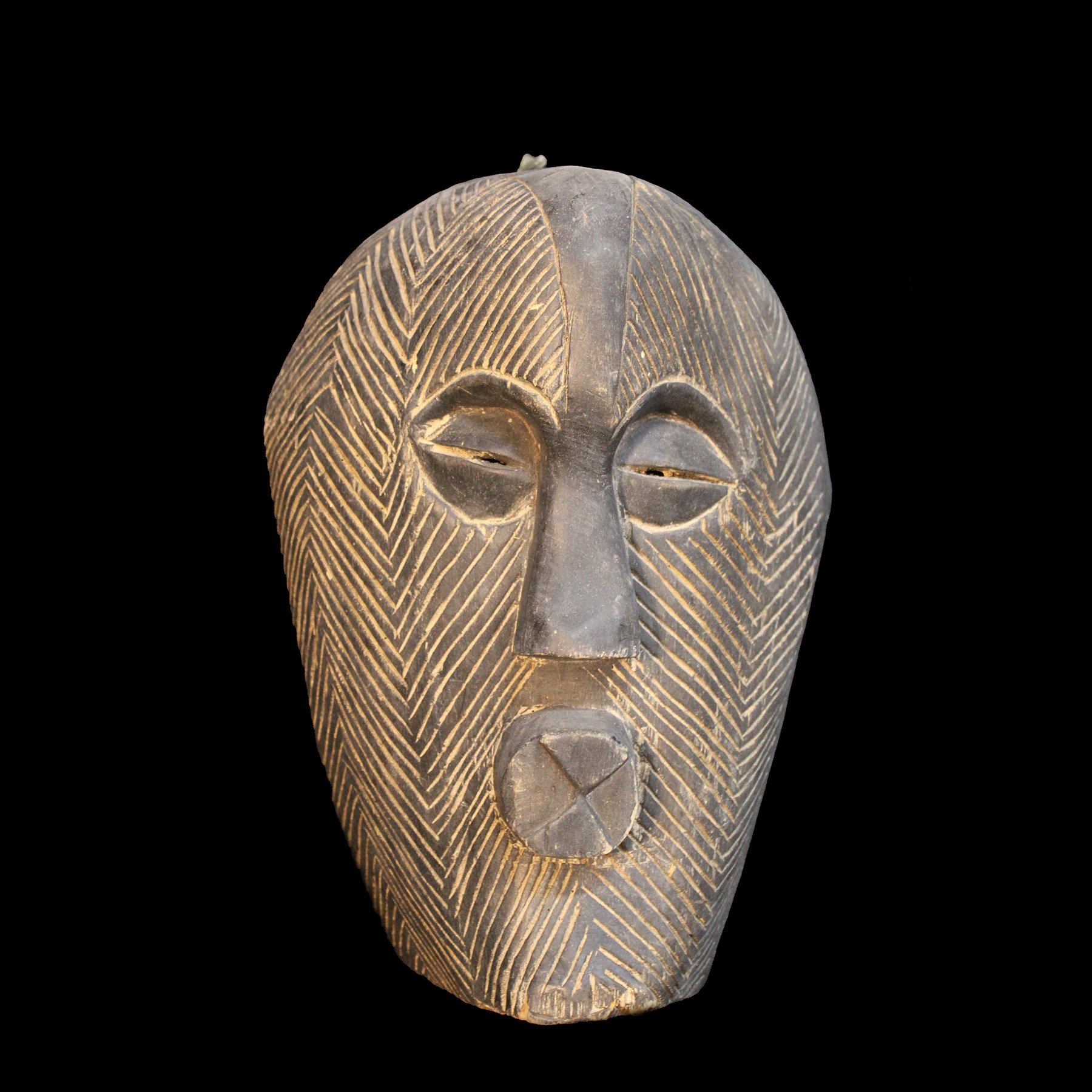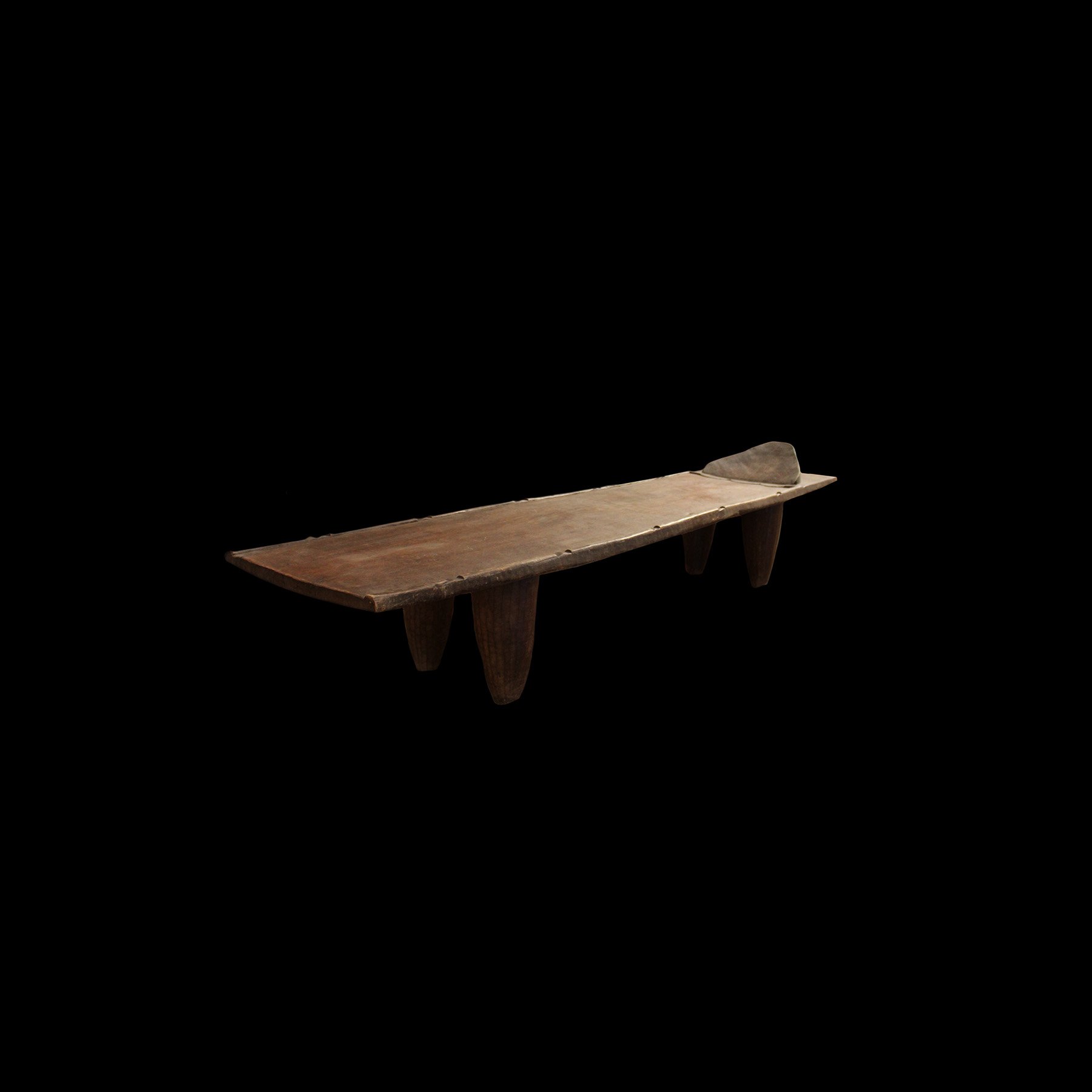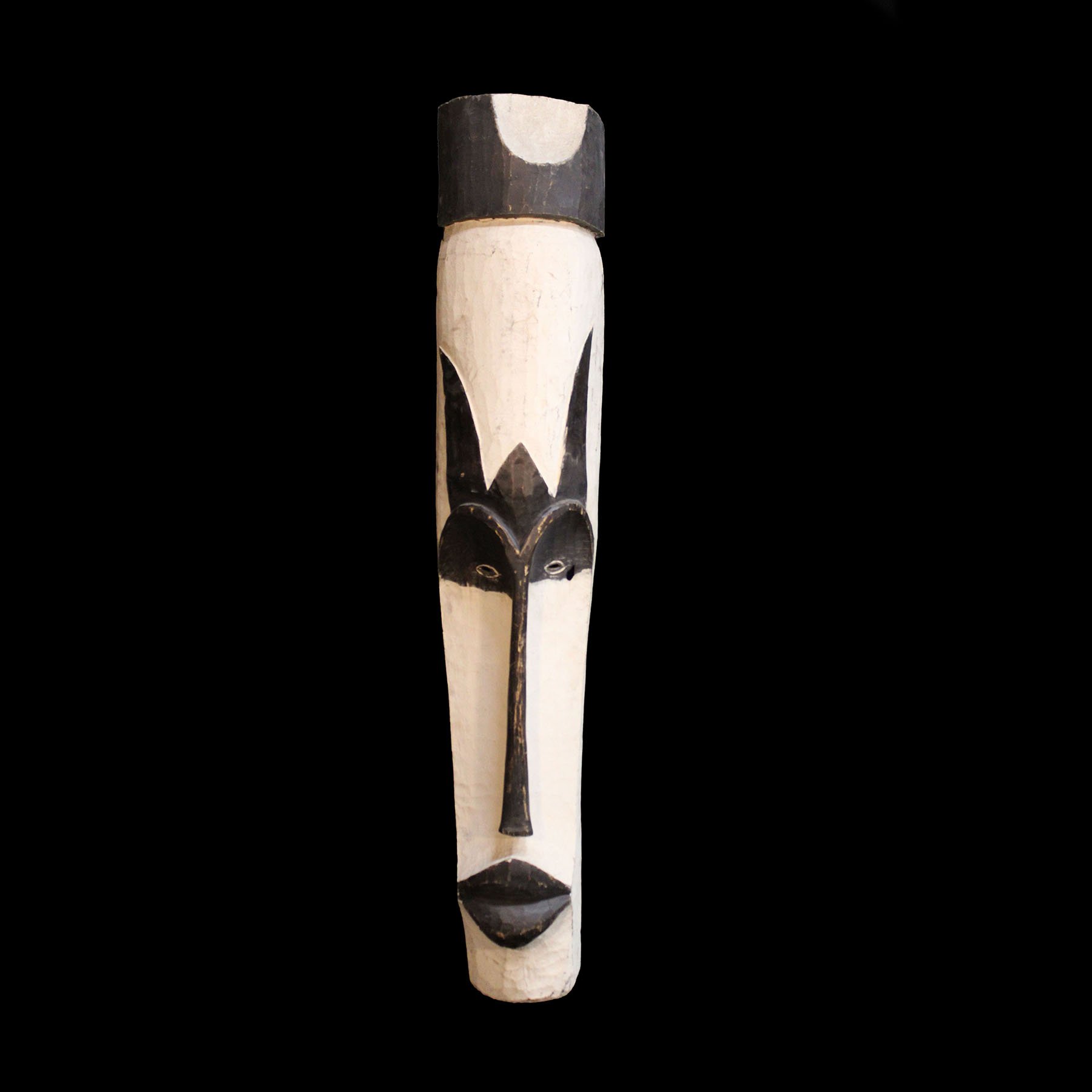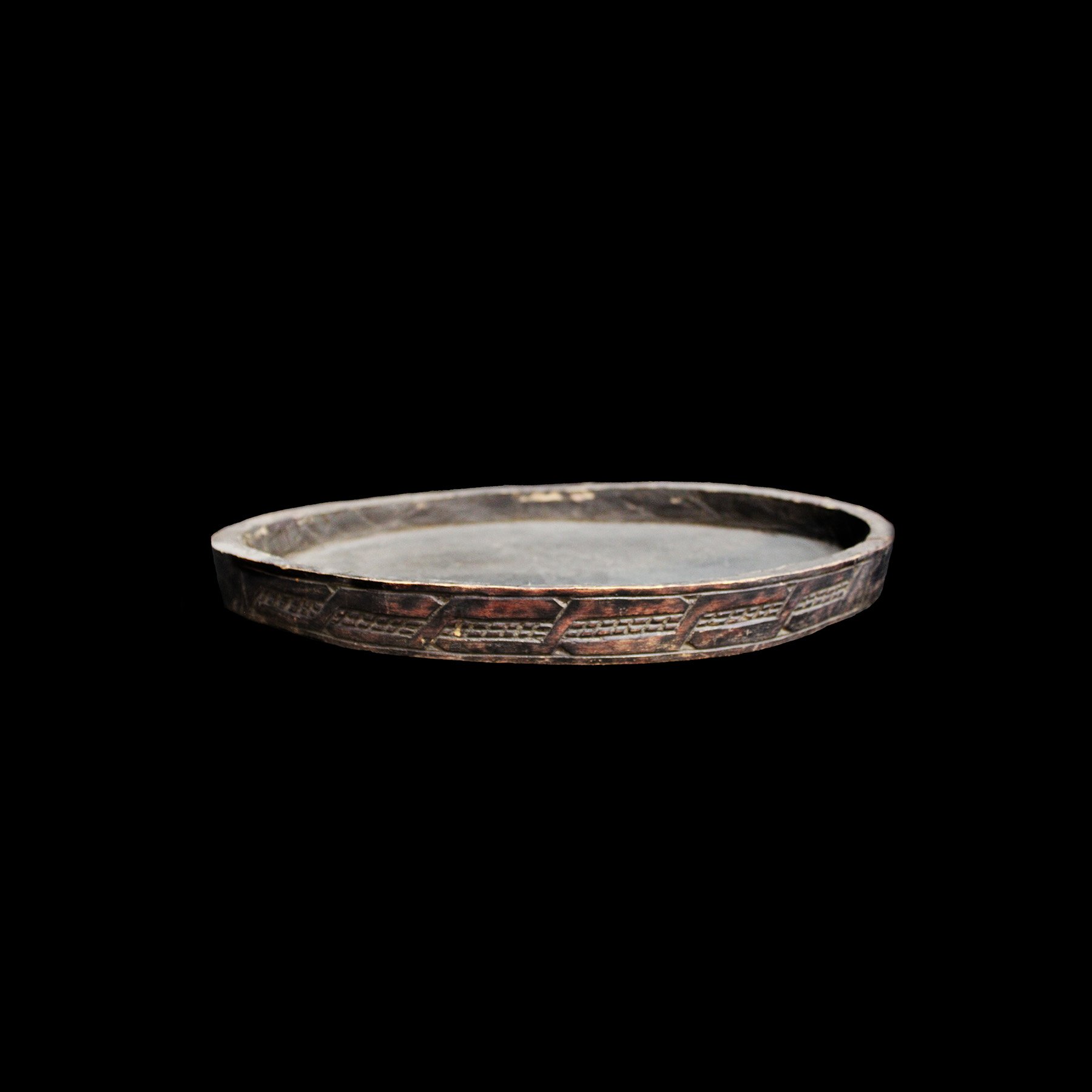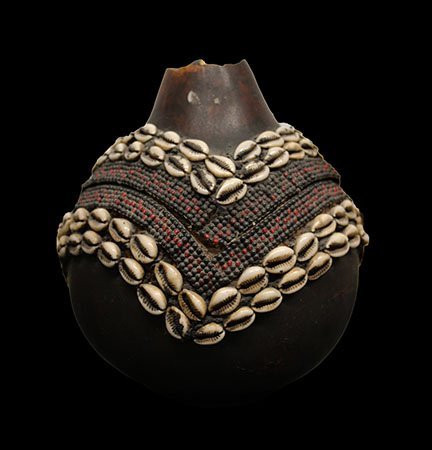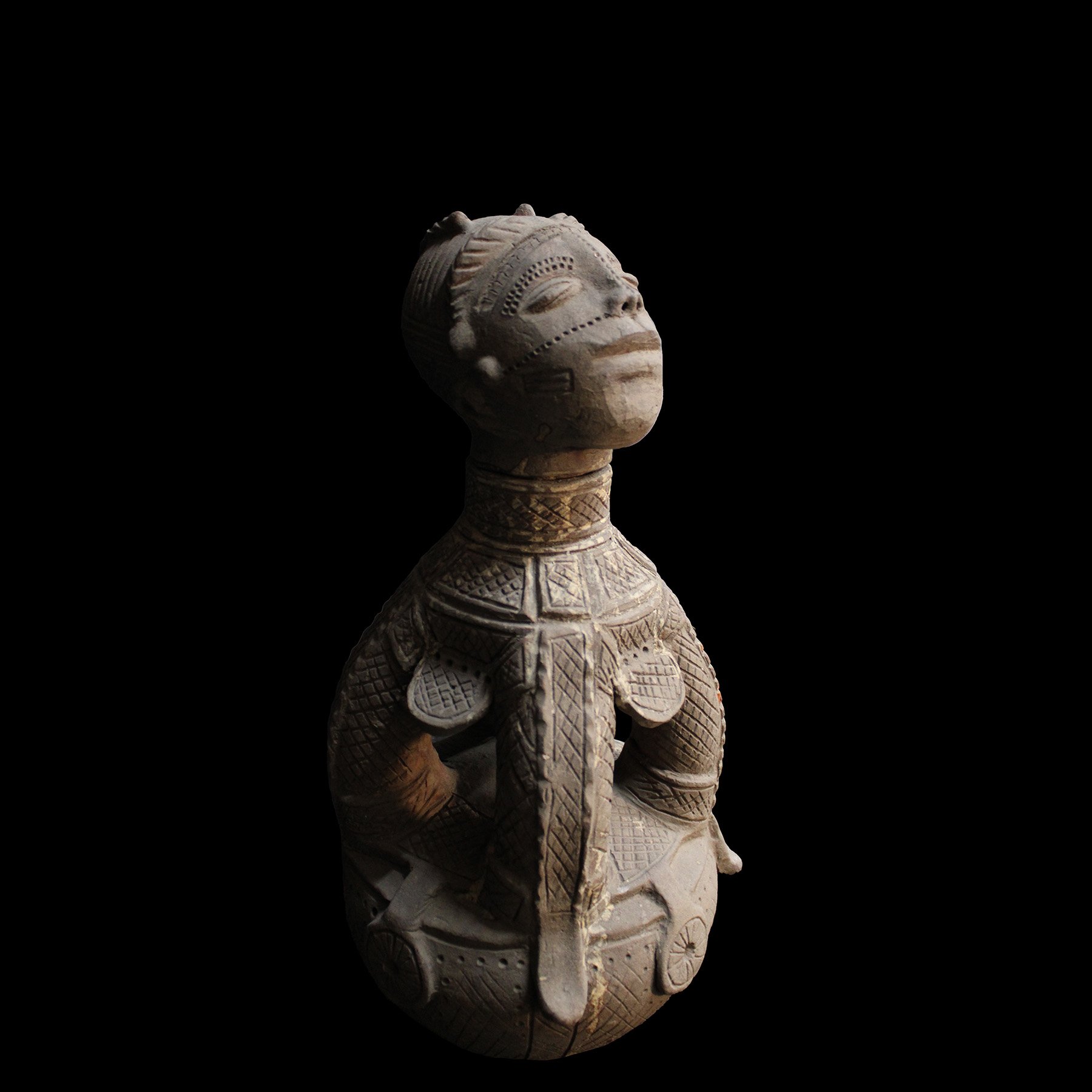Lined Face Mask
Zulu Tribal Masks
Scientists, artists, and sculptors all look to the Zulu people for sources of inspiration and information. One of the most important cultural exports of the Zulu are the Zulu masks. Coming from a strong religious and community tradition, Zulu masks represent a great history and belief system.
The tribal masks of the Zulu add imagery and drama to tribal festivities. Generally made from wood, they range in size from sixteen inches to eight inches. The Zulu cut and carve the masks with certain telltale symbols, such as slits under and around the almond-shaped eyes and typically over-emphasized verticality (creating a dramatically long face). Paint in "natural" colors -- such as black, brown, green and red -- emphasize the carvings and shapes of the mask.
The Zulu people call some of their masks "secret masks" because legend says that they hold the secrets of the people near the mask. To use the mask, the Zulu whisper their deepest secrets to the mask -- those secrets considered too precious or dangerous to tell any other member of the tribe. Unfortunately for the secret-teller, if the secret mask falls into the wrong hands, those secrets might come out.
The Zulu do not use all masks for wearing or for secrets; some of the masks guard the entrances to houses, scaring away evil spirits and bringing luck. However, the guardian masks hold a much more important place in Zulu society and mythology than doorway charms, such as horseshoes, do in the West. The Zulu people believe that all misfortunes stem from evil or offended spirits. Therefore, the guardian masks reach near necessity when it comes to preventing illness, death or familial problems (African Masks, The Bulletin).
Zulu Tribal Masks
Scientists, artists, and sculptors all look to the Zulu people for sources of inspiration and information. One of the most important cultural exports of the Zulu are the Zulu masks. Coming from a strong religious and community tradition, Zulu masks represent a great history and belief system.
The tribal masks of the Zulu add imagery and drama to tribal festivities. Generally made from wood, they range in size from sixteen inches to eight inches. The Zulu cut and carve the masks with certain telltale symbols, such as slits under and around the almond-shaped eyes and typically over-emphasized verticality (creating a dramatically long face). Paint in "natural" colors -- such as black, brown, green and red -- emphasize the carvings and shapes of the mask.
The Zulu people call some of their masks "secret masks" because legend says that they hold the secrets of the people near the mask. To use the mask, the Zulu whisper their deepest secrets to the mask -- those secrets considered too precious or dangerous to tell any other member of the tribe. Unfortunately for the secret-teller, if the secret mask falls into the wrong hands, those secrets might come out.
The Zulu do not use all masks for wearing or for secrets; some of the masks guard the entrances to houses, scaring away evil spirits and bringing luck. However, the guardian masks hold a much more important place in Zulu society and mythology than doorway charms, such as horseshoes, do in the West. The Zulu people believe that all misfortunes stem from evil or offended spirits. Therefore, the guardian masks reach near necessity when it comes to preventing illness, death or familial problems (African Masks, The Bulletin).
Zulu Tribal Masks
Scientists, artists, and sculptors all look to the Zulu people for sources of inspiration and information. One of the most important cultural exports of the Zulu are the Zulu masks. Coming from a strong religious and community tradition, Zulu masks represent a great history and belief system.
The tribal masks of the Zulu add imagery and drama to tribal festivities. Generally made from wood, they range in size from sixteen inches to eight inches. The Zulu cut and carve the masks with certain telltale symbols, such as slits under and around the almond-shaped eyes and typically over-emphasized verticality (creating a dramatically long face). Paint in "natural" colors -- such as black, brown, green and red -- emphasize the carvings and shapes of the mask.
The Zulu people call some of their masks "secret masks" because legend says that they hold the secrets of the people near the mask. To use the mask, the Zulu whisper their deepest secrets to the mask -- those secrets considered too precious or dangerous to tell any other member of the tribe. Unfortunately for the secret-teller, if the secret mask falls into the wrong hands, those secrets might come out.
The Zulu do not use all masks for wearing or for secrets; some of the masks guard the entrances to houses, scaring away evil spirits and bringing luck. However, the guardian masks hold a much more important place in Zulu society and mythology than doorway charms, such as horseshoes, do in the West. The Zulu people believe that all misfortunes stem from evil or offended spirits. Therefore, the guardian masks reach near necessity when it comes to preventing illness, death or familial problems (African Masks, The Bulletin).
